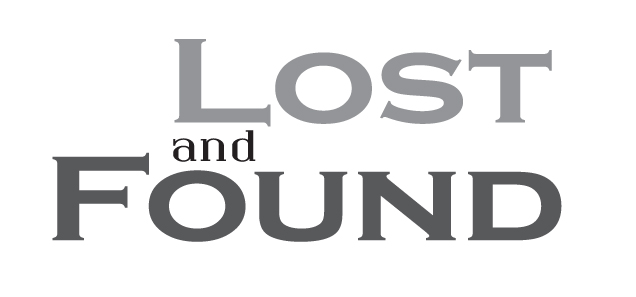Sometimes I feel that the guilt from inaction (or rather very late action) by the Allied forces against the fascists, who almost completely exterminated the Jewish population of Europe and blotted the history of mankind with irreparable damage, lives on. Britain decided to enter the war only when it reached its own shore, perhaps the wounds from the first catastrophic war were not yet healed and the country wasn't willing to get into another phase of death and destruction. United Sates also entered the war, only when its own shores (read Pearl Harbor) came under Japanese attack.
The war ended, United Nations formed and the world promised to never ever let another Holocaust happen. But history repeats itself, and in this case it repeated over and over again as the two world powers fought for hegemony. Genocides happened all over the world, and often we looked the other way.
The bloody modern history of Africa is perhaps the most obvious example, as factions fought, governments killed, raped and maimed its own population and democracy replaced by autocracy, the world body looked helplessly. Of course there have been numerous peace keeping missions and I believe that saved many lives from getting lost, but most of this action was an afterthought, when things were almost out of hand and water was again nearing the head.
Many such genocides were perhaps never even reported, or just took a small space on the inside pages of the popular newspapers we read. Only a few followed these news, and even fewer perhaps cared. The correction/ proactive action by United States (most likely to meet its own ends) in Afghanistan and Iraq have been severely criticized and have apparently done much less good than originally promised.
Overthrowing a regime (popular or otherwise) is risky business. As French Air Force pounds Gaddafi's forces, this comes to my mind often. Should we as people sit back and let a government kill its own people (labeled rebels) or get our acts together and take some proactive action (something on the lines of what is going on right now) ? So was the war in Afghanistan too justified? Even if United States had its own agenda, the end was an end of the Taliban era (though not completely) and the so called liberation of people. Should we have done the same in Egypt as well? The list could be endless, and its weird why sometimes we chose to intervene and often chose to ignore.
So what next? Do we keep pounding Libya (and possibly kill some civilians as collateral damage) or the strategy should be different, something more intelligent than air strikes? Have we learnt something in the last six plus decades after the Second World War ended? How does the world move forward?
A client in US has graciously decided to sponsor this blog post. A link to who they are and what they do is included here. Do check it out - online paralegal certification.
Images references:
www.awesomestories.com
www.bbc.co.uk
www.boston.com
www.guardian.co.uk
 |
| Auschwitz Concentration camp |
The war ended, United Nations formed and the world promised to never ever let another Holocaust happen. But history repeats itself, and in this case it repeated over and over again as the two world powers fought for hegemony. Genocides happened all over the world, and often we looked the other way.
 |
| Abandoned Darfur village |
The bloody modern history of Africa is perhaps the most obvious example, as factions fought, governments killed, raped and maimed its own population and democracy replaced by autocracy, the world body looked helplessly. Of course there have been numerous peace keeping missions and I believe that saved many lives from getting lost, but most of this action was an afterthought, when things were almost out of hand and water was again nearing the head.
 |
| Afghanistan |
Many such genocides were perhaps never even reported, or just took a small space on the inside pages of the popular newspapers we read. Only a few followed these news, and even fewer perhaps cared. The correction/ proactive action by United States (most likely to meet its own ends) in Afghanistan and Iraq have been severely criticized and have apparently done much less good than originally promised.
 |
| Libya |
So what next? Do we keep pounding Libya (and possibly kill some civilians as collateral damage) or the strategy should be different, something more intelligent than air strikes? Have we learnt something in the last six plus decades after the Second World War ended? How does the world move forward?
A client in US has graciously decided to sponsor this blog post. A link to who they are and what they do is included here. Do check it out - online paralegal certification.
Images references:
www.awesomestories.com
www.bbc.co.uk
www.boston.com
www.guardian.co.uk








